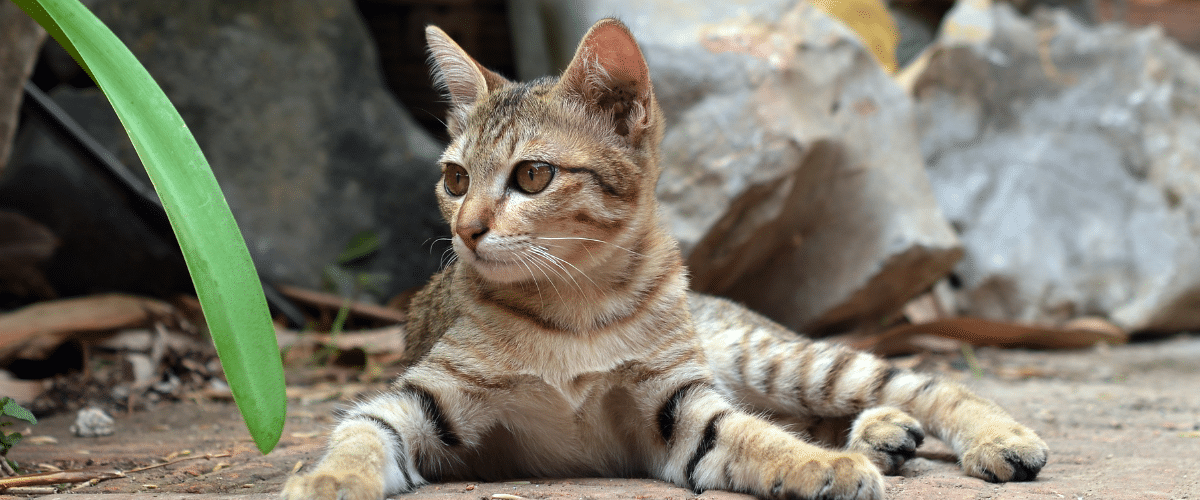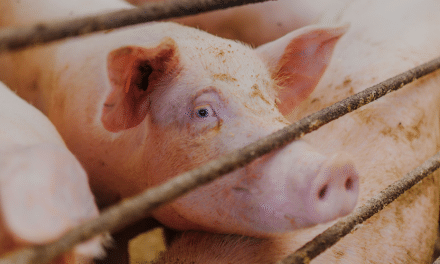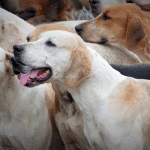By Alice Kennedy, trainee solicitor
Lanta Animal Welfare
In the summer of 2014, I volunteered at Lanta Animal Welfare (LAW) in Koh Lanta, an island in Thailand’s Krabi Province. The animal shelter and veterinary practice needed people to live on site and assist with the care of, at the time, 40 cats and a further 30 dogs. Volunteers worked six-hour shifts, six days a week. Our role included walking the dogs, preparing food, cleaning cages, assisting the vet staff with the animals in isolation, socialising with the animals, and keeping the centre clean.
LAW was set up in 2005 by Junie Kovacs. Her mission was to end the suffering of the homeless, abused, and injured animals on Koh Lanta. Due to lack of awareness and veterinary care, the island had an ever-growing population of stray animals. Many animals were malnourished or injured. Animals suffered from infectious diseases as well as injuries from fighting or from car and motorbike accidents. Others were injured as a result of abuse or attacks from humans. A few of the cases I encountered during my stay included a dog who had been burnt and stabbed, a kitten who was found alone suffering from an infection, and a cat who had been attacked by a dog.
The centre has the only veterinary service available on the island and surrounding islands. It provides first aid for stray animals as well as to the pets of the local residents. Every animal at LAW is vaccinated and sterilized. Indeed, LAW was initially set up as a sterilization centre for stray animals on the island. A team from the centre often travels to neighbouring islands around Koh Lanta to run mass sterilization and vaccination programs. This helps to control the population of stray animals, reducing the number of animals born only to suffer or be neglected. Just one female dog and her offspring can produce 67,000 puppies in only six years. In seven years, one female cat and her offspring can produce 370,000 kittens. LAW also runs an Animal Welfare Education Programme in local schools, meant to educate children about how to properly care for animals.
LAW relies on donations to run the centre and these programmes, and it receives no official funding. The centre is set up so that visitors can take tours and interact with the animals, and it is in fact the island’s #1 attraction on TripAdvisor. Whilst tours and visiting the centre is free, people are asked to make a donation. Volunteers and visitors also donate vital supplies such as collars, leads, veterinary materials, bedding, and food. Volunteers at LAW come from across the globe, and the centre has grown considerably since my time there. The logistics of organising volunteers, arranging the adoption of animals, and running the centre requires lots of hard work. There is continual pressure to fundraise and ensure LAW can care for the animals that need it.
Impact of Covid-19
The Covid-19 pandemic has greatly impacted economies and societies across the globe, and it will have far reaching effects in the months and years to come. In Thailand, an Emergency Decree came into force on March 26, 2020. Thai authorities barred all foreign nationals from entering or transiting Thailand except in certain limited circumstances. These restrictions are to last until at least until May 31, 2020. Similar to other countries the authorities have also restricted public gatherings, implemented a curfew, and shut down entertainment venues, educational institutions, and tourist activities.
Lanta Animal Welfare is currently closed until further notice to visitors. The vet practice has remained open and there are just under 100 animals living at the centre. Since these measures were introduced, the number of volunteers has declined by 95%. As travel restrictions came into force and borders closed for an undetermined amount of time, international volunteers were forced to return home. With no more visitors, donations have plummeted as well. This has resulted in an increased amount of work and responsibility for those who have stayed. Time For Lime, the restaurant that supports the shelter, is closed. As Thailand’s tourism industry shutters, the shelters who rely on the generosity of tourists suffer.
Meanwhile, the situation for stray animals on Koh Lanta will only become more desperate. All restaurants have been forced to close, and stray animals who rely on scraps and leftovers will lose one of their only sources of food. This will also increase the likelihood of animals fighting over available food and causing injuries. Also, the widespread misconception that Covid-19 can be caught from animals has resulted in people abandoning their pets. Furthermore, with businesses closing down and people losing their jobs, many cannot afford to care for their animals, and more and more are dropping pets at shelters.
Larger animal charities and sanctuaries in Thailand are also greatly affected. Wildlife Friends Foundation Thailand has seen an 85% reduction in its income as they can no longer welcome volunteers, day visitors, or lodge guests. As a result, they have had to reduce their staff by 25%. The foundation cares for more than 700 wild animals and will rely on donations alone to keep providing care with a reduced staff. Due to government restrictions, large animal sanctuaries like this are unable to accept offers of help from tourists or international volunteers who have remained in Thailand. These sanctuaries now must rely on external contributions and the generosity of people who cannot see the animals in person.
How to help?
As travel restrictions and closures are likely to remain in place for many months, charities and sanctuaries of all sizes are asking for people to donate money. Lanta Animal Welfare asks people to commit to a monthly sponsorship rather than a one-time donation. This money will cover the cost of food, cleaning products to sanitize their kennels, training tools, nourishing supplements, preventative healthcare, and parasite treatments. Similarly, the Elephant Jungle Sanctuary, with sanctuaries across Thailand, is asking for previous visitors to donate.
There are many other sanctuaries facing the same financial struggle and unsure future. If these shelters are to survive this pandemic, then they will require people to remember them and support them.


















